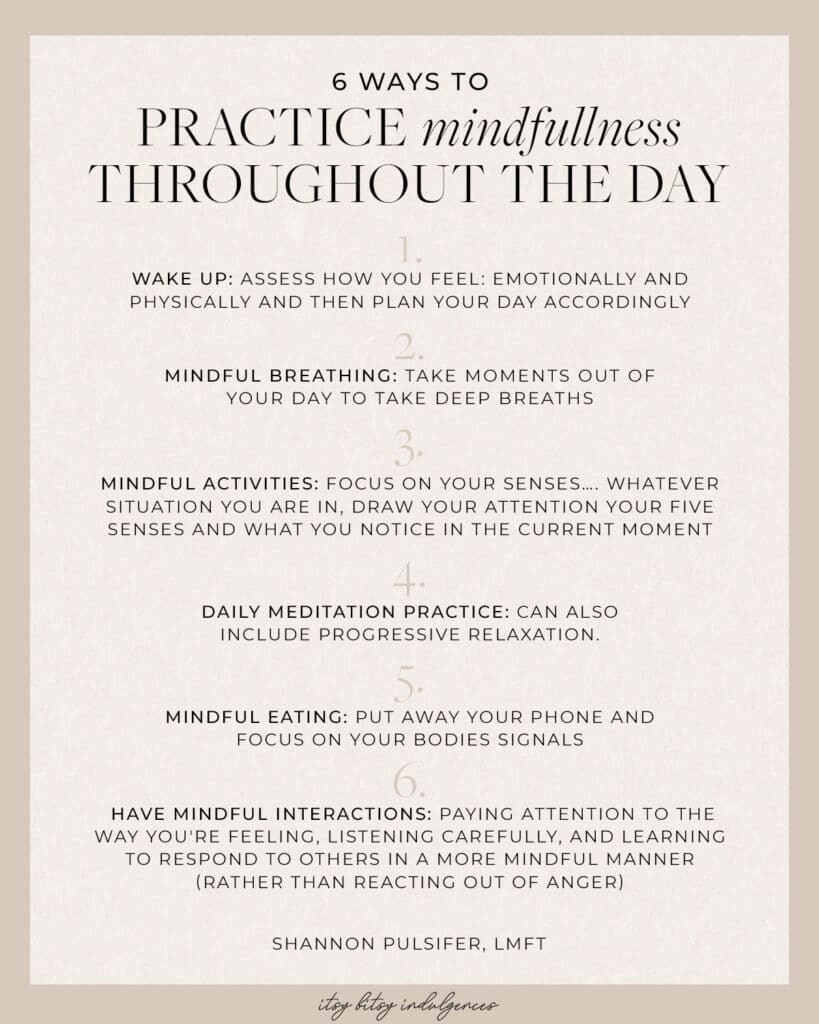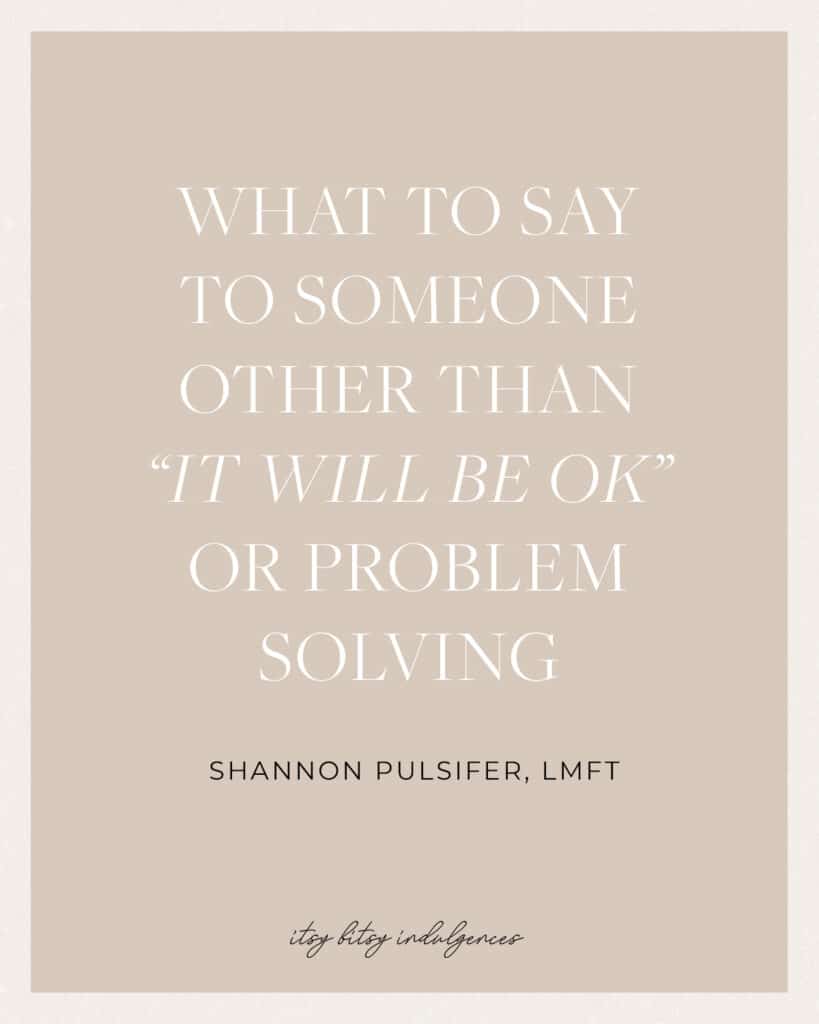Lately I have been having conversations with my girlfriends about happiness. So often I have felt pulled in so many directions, feeling the need to fulfill so many different roles, that sometimes, to be real, it’s just plain draining. One of my goals this coming year was to look at the glass as half full. But I’ve found that this is sometimes quite difficult. When things aren’t going my way, or life hands me a sour lemon, I tend to become pretty frustrated. I decided that this goal was a tad on the lofty side. I’m naturally more pessimistic by nature, and I have found it to be adaptable at times… so that wasn’t necessarily what needed changing. What needed altering, I concluded, were the thoughts I was resorting to. I went back to my old grad school books, and my training in cognitive psych, and was able to readily (maybe too quickly) pinpoint my cognitive distortions of choice…
1. Overgeneralization: My pessimistic nature comes into play heavily here. I pretty much amplify negative things that happen and pay little to no attention to the positive things. Sometimes I want everything to be perfect. I want life to move along swimmingly. And maybe it is. And then the bubble pops. Like this morning. It was all going great. TJ and I were off to a morning coffee date. Then I got into my car and realized that I had no gas. Detour number one, five minutes off of coffee date. While I was pumping my gas I realized that I had left my work phone on the kitchen counter. Detour number two, another five minutes off of the coffee date. After arriving to the destination, a nice gentleman politely informed me that my tire was low, and that was immediately confirmed. Which only meant detour number three, with another five minutes off of the coffee date. Given that we only had 25 minutes, and the line took us five minutes to get through you can imagine my frustration. My immediate thought? “Ugh, this is such a bad day…” When in reality, it was a bad twenty minutes of a 24 hour time period…. magnify much?
2. Catastrophizing: This is pretty much the gas that propels anxiety. It’s all those “what-ifs” that snowball into catastrophic events. I don’t use these all the time, but when I find myself in a relatively anxious state, this is typically the number one culprit. They tend to creep up most right as my head hits the pillow. As if it’s my brain’s signal that it’s time to start thinking about all the wild things that may, or may not, happen. At the end of last year I found myself catastrophizing about my health. Every little thing I felt could have quite possibly led to a number of terrible outcomes… outcomes I had never even heard of… thanks WebMD.
3. Discounting the Positive: I tend to be slightly perfectionistic in certain aspects of my life. Mainly on my performance in anything. I’ve found that so often I discredit positive feedback I am given and focus on the one area where improvement could have occurred. Or, I really never stop to relish in any accomplishment. It was pointed out to me the other day and my response was, “Well then how do I continually improve?” Good question right? The flip of that? “When do you ever celebrate little victories so you don’t burn out?” Yeah, that was a good come-back….
4. “Should” statements: “I should….” “I must….” “I ought….” ever started a sentence that way? When I do, it’s usually an indication that if I don’t do what completes the sentence, I will feel guilty. And who wants to feel guilty? I’m not talking about “shoulds” that delineate basic right from wrong here (I see those as just being a part of character). I’m talking about doing things when I don’t really feel up to it… because I will feel bad if I don’t do them. I have found that I most often have these thoughts when I’m tired or needing a break and just want to veg out. Instead, I uphold a commitment, as opposed to being honest about my needs. That’s basically what it boils down to… denying a need so not to upset someone else. What I have come to tell myself is that if they really care, they will understand.
So what to do about it?? I mean, we are all going to have these thoughts from time to time. It’s only natural. But I do contend that they chip away from happiness. When I find myself mired in one, or possibly all five, at any given time, I also find that my happiness barometer drops. We aren’t always going to be happy, it’s just not possible. Life happens, it happens (if you know what I mean). Yet, I’ve realized that how I look at the event has a direct impact on my feelings about it. What I try to do is take a step back and identify the thought that is causing my feeling (be that anxious, sad, or frustrated). By monitoring the thoughts, I am able to identify which ones I am actively allowing to fill my brain. Then I am able to challenge them. When I find myself magnifying the negative events in my life, I try to take a step back and identify positives. When I find myself catastrophizing, I tell myself that I can’t control the future, nor am I a mind reader (even though I wish I was…). I look at the situation in front of me and do what I can with what I have. And sometimes, I ask for help. I ask a trusted friend or loved one to be my mirror. I tell them my thoughts and ask them if they are crazy making. When I get the answer, which I typically know in advance, we are able to have a laugh and move on…. happiness barometer increasing.
All this to say, I’ve realized that the more intentional and aware I am about my negative thoughts, the quicker I am able to challenge them and change them. I’m not always going to be happy, and that’s okay. But if I can alter a thought and alter my mood in a positive way, I’m all for it!













